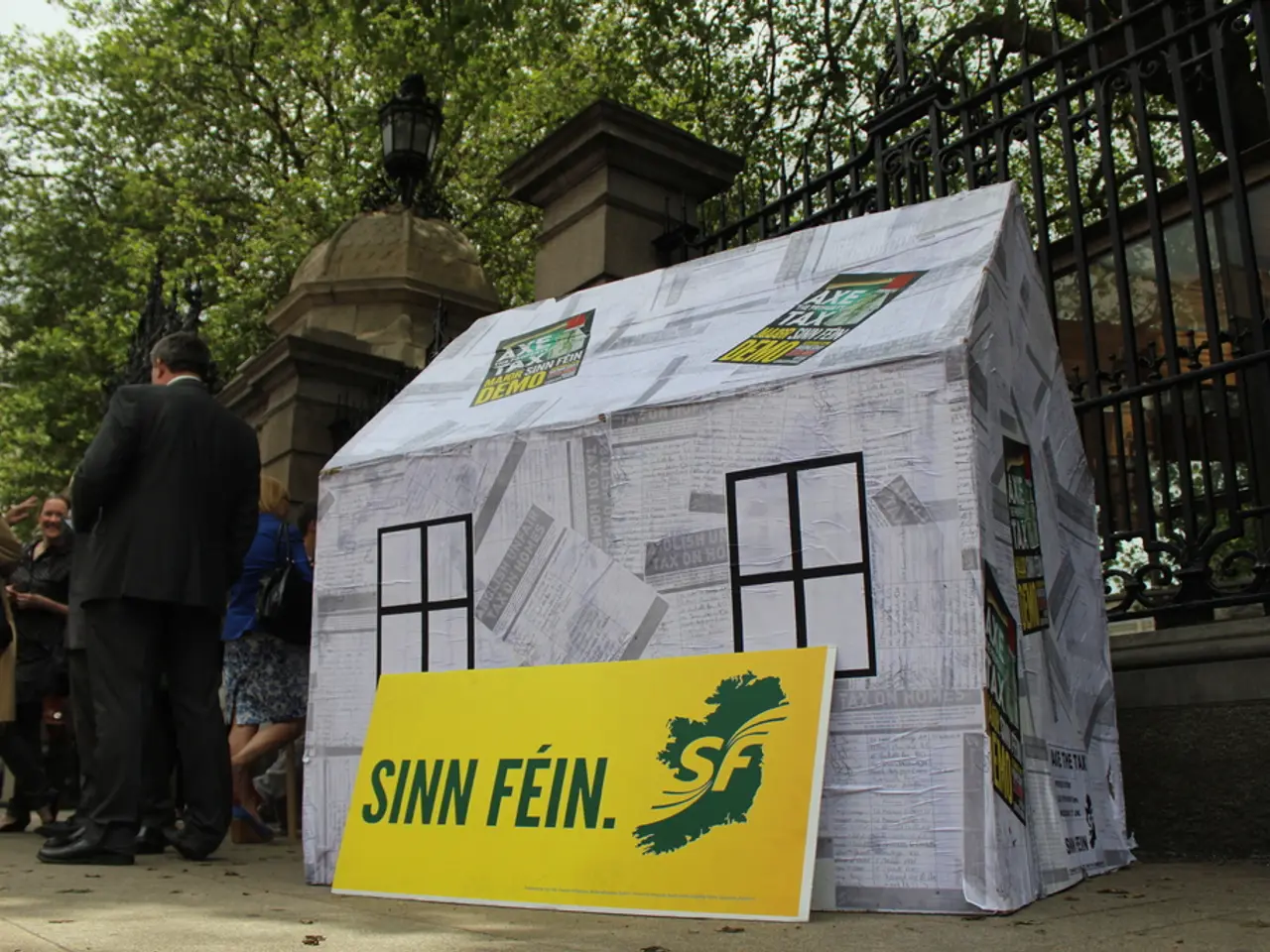Landlords in Hong Kong refused to reduce rents, deemed as oblivious to the circumstances by CY Leung.
In a bid to stabilise the commercial property market in Hong Kong, former Hong Kong leader Leung Chun-ying, who is also a top political adviser to the country and a vice-chairman of the Chinese People's Political Consultative Conference, has renewed his call for price cuts in commercial properties.
Leung made these statements on Saturday, warning that landlords would be harmed if they refuse to lower rents. His call is aimed at preventing the vacancy rate from rising further, which currently stands at a record high of 11.8 per cent for the past 40 years. By the end of 2024, the total vacant floor area of private commercial buildings in Hong Kong had reached 1.4 million square metres.
The economic slowdown in Hong Kong has led to a string of high-profile shutdowns of established restaurants, with some citing high rents as a reason. This situation has been exacerbated by the ongoing economic slowdown, particularly impacting the retail sector.
In response, landlords are increasingly urged to adopt strategic rent reductions to align with market realities and support tenant retention amid sluggish demand. The retail sector has been hit hard, with retail landlords forced to lower rents proactively. Although there are signs of recovery in the office market, driven by increased IPO activities and expanding financial sector demand for premium office space, the market still faces a significant vacancy issue.
Leung's intervention comes as the vacancy rate for commercial properties in Hong Kong is at a 40-year-high. Strategic rent reductions can help maintain occupancy rates, preventing further deterioration in commercial property utilisation. While landlords may face immediate income pressure due to lower rents, they may benefit from longer-term stability and reduced vacancy costs.
Moreover, lower operating costs for businesses, especially retail, could support business survival and growth during economic slowdowns. This could potentially boost economic activity, helping to sustain the recovery of the commercial property market.
The potential shift in landlord-tenant dynamics with increased negotiation leverage for tenants and a more cautious landlord approach focusing on sustainable leasing rather than speculative gains is another significant impact of the current trend of commercial rent reductions in Hong Kong.
In the medium term, the office market signs of recovery and supply tightening after 2028 may eventually lead to rent rebound, making current reductions a tactical adjustment rather than a permanent trend.
In summary, the current trend of commercial rent reductions in Hong Kong is a response to economic slowdown and high vacancy rates, especially in retail. These reductions aim to stabilise the market, support tenants, and prepare for an eventual recovery driven by economic sectors such as finance and IPO-related activities. Landlords face short-term trade-offs but potentially benefit from a more sustainable commercial property market in the medium to long term.
- To help alleviate the high vacancy rate in the commercial property market, Leung Chun-ying suggests that landlords implement strategic rent reductions, aiming to prevent the vacancy rate from rising further, especially in the retail sector where many businesses are struggling due to high rents and the economic slowdown.
- By lowering operating costs for businesses through rent reductions, Leung believes this could stimulate economic activity in Hong Kong, benefiting the overall economy, which is still recovering from the economic slowdown, and leading to a more sustainable commercial property market in the long term.




